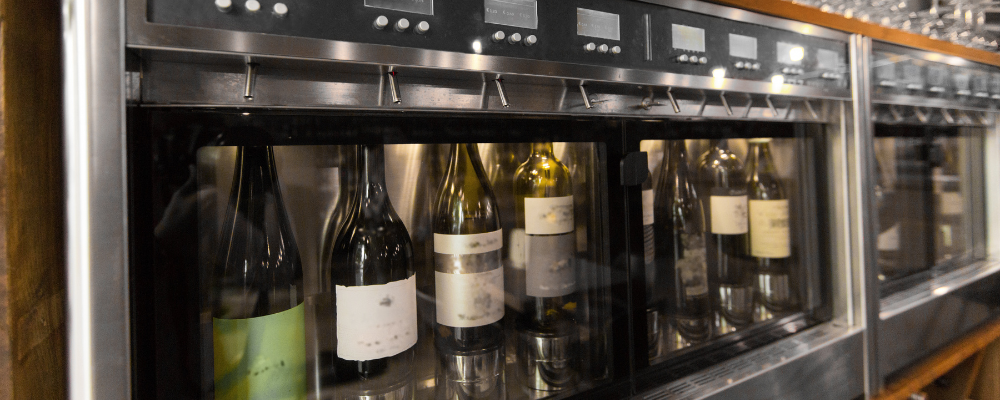Across our territory, ICC is seeing an increasing trend of self-serve taps that are either stand alone or at a patron’s table. Some of these establishments are focused specifically on wine, craft beer, or mixed spirits, while others offer a combination. Even a few shopping mall food courts have picked up the trend.
The concept of being able to try a few different types of wine, beer, or mixed spirits in more of a sampling fashion, rather than committing to an entire glass, can be intriguing for guests.
Establishments with an on-premise consumption liquor license have state regulations and policies that require them to operate in a manner that promotes safe selling and serving of alcohol.
When allowing patrons to serve themselves, how do establishments ensure they are still safely selling and serving alcohol?
A self-serve tap is typically turned on by a special card, which is given to the patron with a valid license over the age of 21. This card, which is linked to that patron’s tab, uses technology to monitor the amount and type of alcohol poured each time. The taps will not operate unless the card is used, and each card is given a limit depending on the type of alcohol being sold.
In many states, a patron can pour up to a certain amount of beer or wine, and then their card will be placed on a hold. To reactivate the card, a server of the establishment must visit with the patron for what some may call a “sobriety check.” This gives the server a chance to evaluate whether the patron is exhibiting any signs of visible intoxication. The card can be authorized for an additional amount, depending on state regulations.
Each state has a limit for the type of alcohol that can be dispensed, and the machines are set up to dispense only those limits before deactivating the patron’s card.
If you have an insured with this exposure, it is pertinent that they not only follow the state regulations to prevent hefty fines, but also to promote the safety of patrons.
In addition to monitoring patron’s behavior and consumption, the areas with self-serve taps should have proper drains, slip resistant floor mats, and signage stating rules of use.
These establishments are regulated and monitored to allow patrons to sample different types of wine, beer, or mixed spirits while still enjoying responsibly.
For information about insuring your business with ICC, contact an ICC agent today. Use our Find an Agent search to locate an agent in your area.





